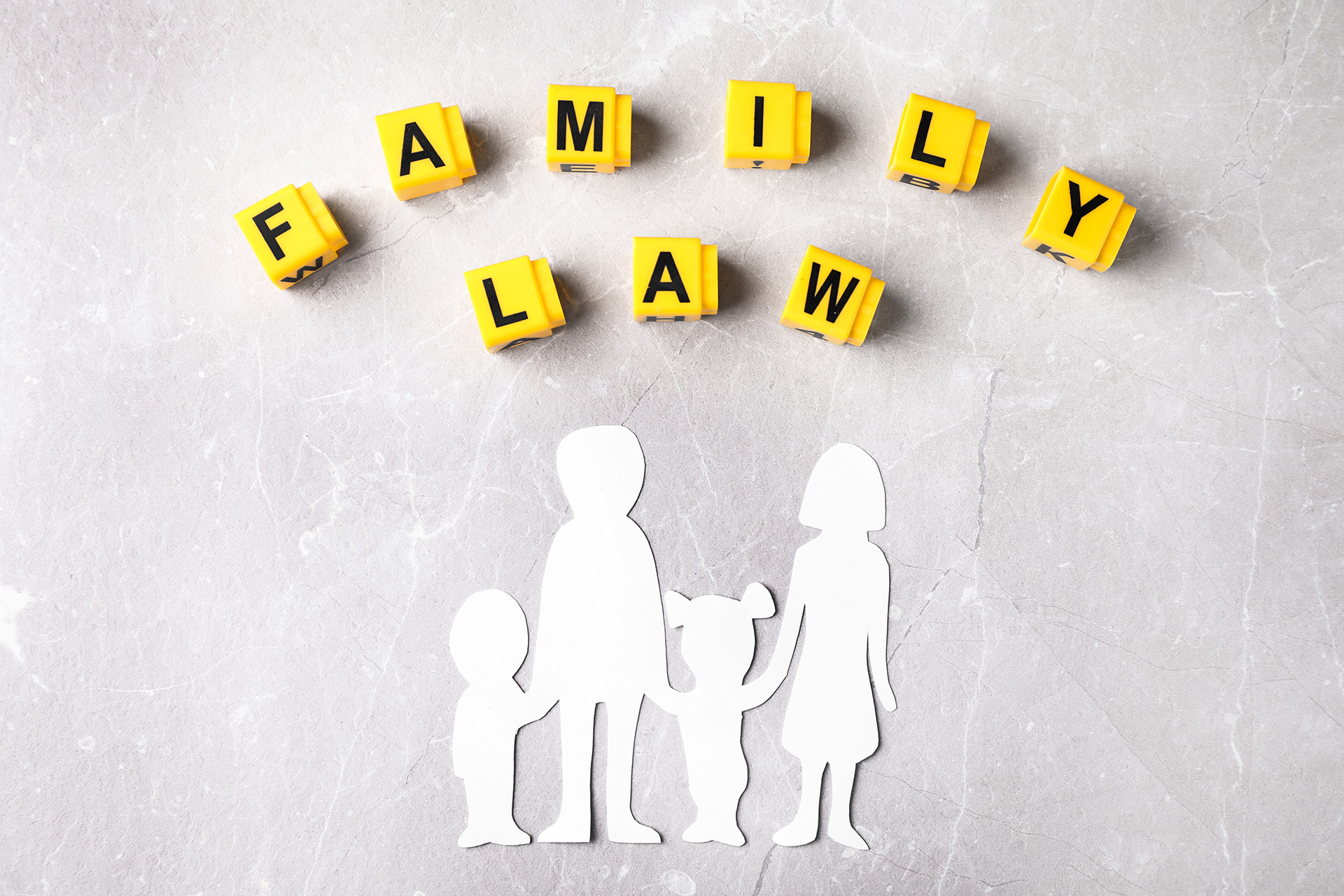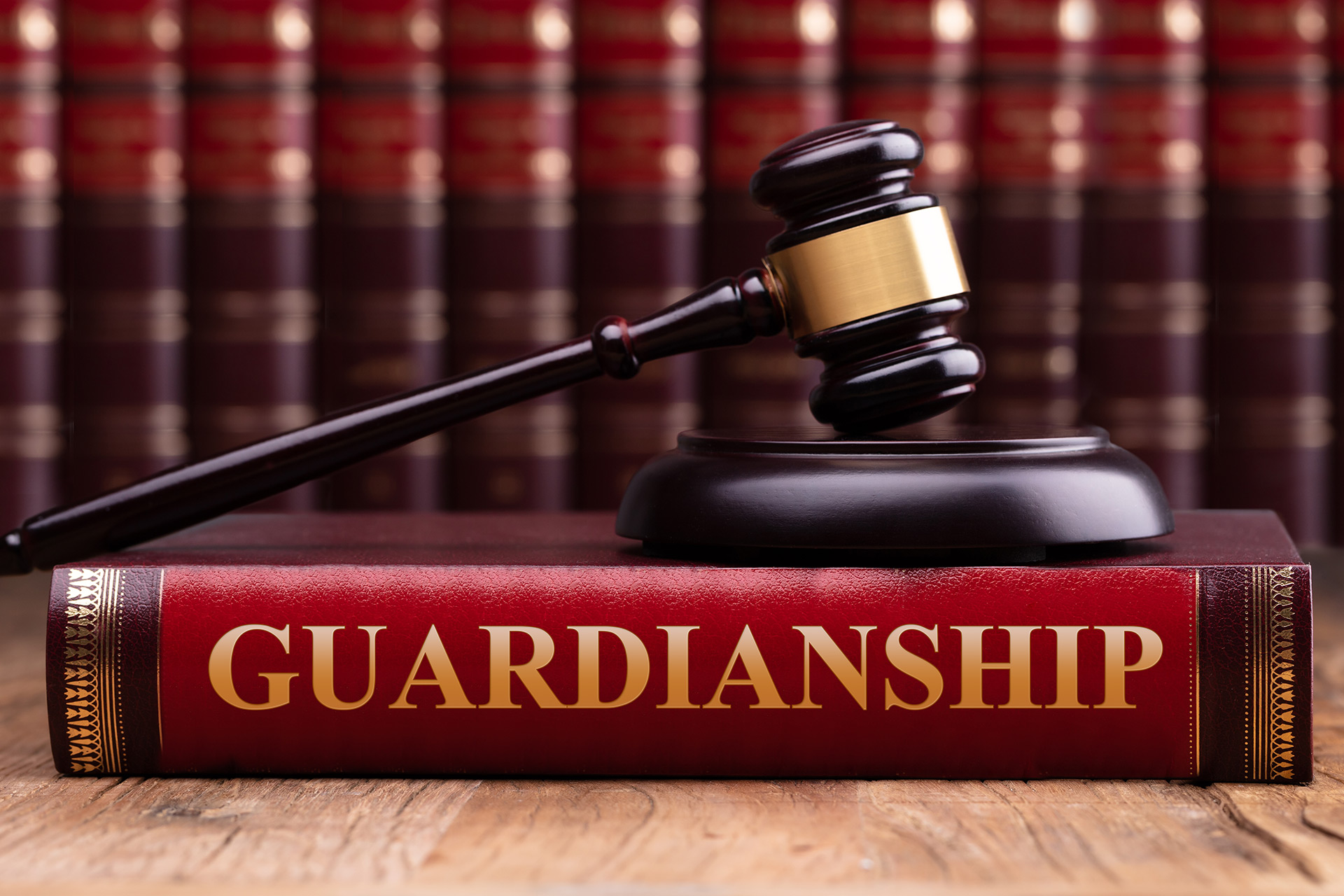


Our Services
McMullen Law specialises in a wide range of law including Family Law, Child Law, Civil Court Litigation, Power of Attorney, Guardianships and Wills and Estates.
Find out more by clicking on the relevant headings below.

- Separation and Divorce
- Financial matrimonial issues
- Division of Matrimonial Property
- Aliment
- Child Residence and Contact
- Parental Rights and Responsibilities
- Adoptions
- Child Maintenance
- Mediation
- Co-habitation agreements
- Prenuptial agreements
- Interdict and Exclusion Orders

- Social Work referrals
- Children’s Hearings
- Permanency and Adoption Orders

McMullen Law provide a comprehensive civil court service and are able to advise you on the relevant court procedure and conduct a wide variety of civil court cases on behalf of clients. We have experience in appearing in Hamilton Sheriff Court as well as courts across Lanarkshire and surrounding areas. We are able to provide court services in respect of the specific civil court services outlined on our website and are happy to discuss pursuing or defending civil claims including debt recovery, liquidations, bankruptcy and other payment disputes.
We aim to tailor our services to meet the needs of the individual client depending on their circumstances and the nature of the dispute in connection with which they seek assistance.
Court Agency
We are available to accept civil court local agency work. Miss McMullen predominately appears in Hamilton, Airdrie and Lanark Sheriff Court on a local agency basis but is available and willing to appear in any Court across Scotland.
Over many years our Miss McMullen has developed an excellent working relationship with other solicitors, sheriffs and court staff.
Please telephone our office on 01698 686 110 or email court instructions to info@mcmullenlaw.co.uk - Court reports will be reported within the same day.

A Power of Attorney (POA) is a written document giving someone else authority to take actions or make decisions on your behalf. This could be used to deal with your financial affairs and/or welfare matters. It can be used in the future if you become incapable.
The POA details the name or names of the person or people you wish to act as your attorney and will list the individual powers that you want them to have.
The POA will also state when your attorney(s) can begin acting.

Guardianship Order
A Guardianship Order is a Court appointment which authorises a person to act and make decisions on behalf of an Adult with incapacity. Anyone with an interest in the Adult can make an application for a Guardianship Order.
Intervention Order
An Intervention Order is a Court appointment which authorises a person to act and take a one-off action, or make decisions on behalf of an Adult with incapacity. Anyone with an interest in the Adult can make an application for an Intervention Order. The Order allows the person appointed to do certain one-off things such as signing legal documents or a lease, or to sell the Adult’s house.
An Adult in this context is someone who is aged over 16 who is not able to look after their own affairs.

Wills
Making a Will is one of the most important things you can do to ensure that your estate is divided according to your wishes when you die. A Will allows you to leave specific items to loved ones, to appoint a person or persons to wind up your Estate, and provide specifically for the division of your Estate amongst family. Parents with young children can also outline their wishes in respect of the ongoing care of any surviving children and appoint a Guardian where appropriate.
Estates
This would include the winding up of a deceased’s Estate. When someone dies, the person who is responsible for administering their Estate will often need to apply for Confirmation before the deceased’s money and other property can be distributed.
Confirmation is a legal document from the Sheriff Court which provides the Executor with the authority to uplift the deceased’s assets from the holder (i.e. money, savings) and to administer and release the Estate accordingly. By granting Confirmation the Court is confirming that the Executor has the right to administer the deceased’s Estate and entrusts them to transfer the assets in accordance with either the deceased’s Will (Testate Estate), or the law (Intestate Estate)

